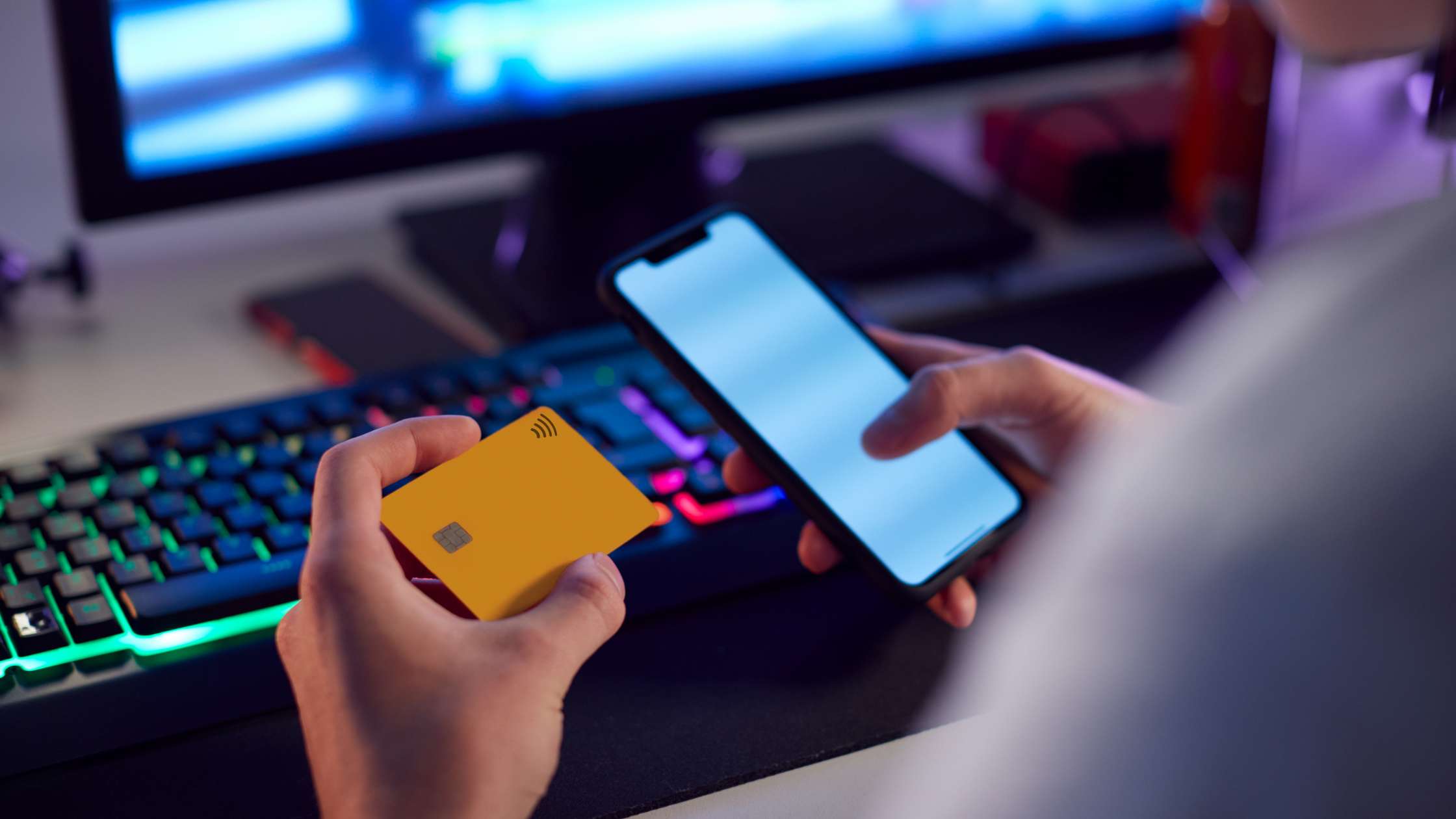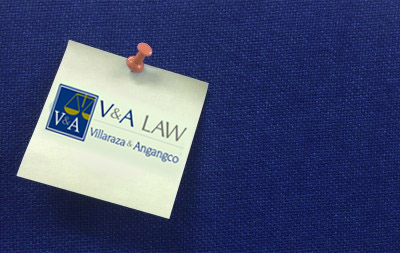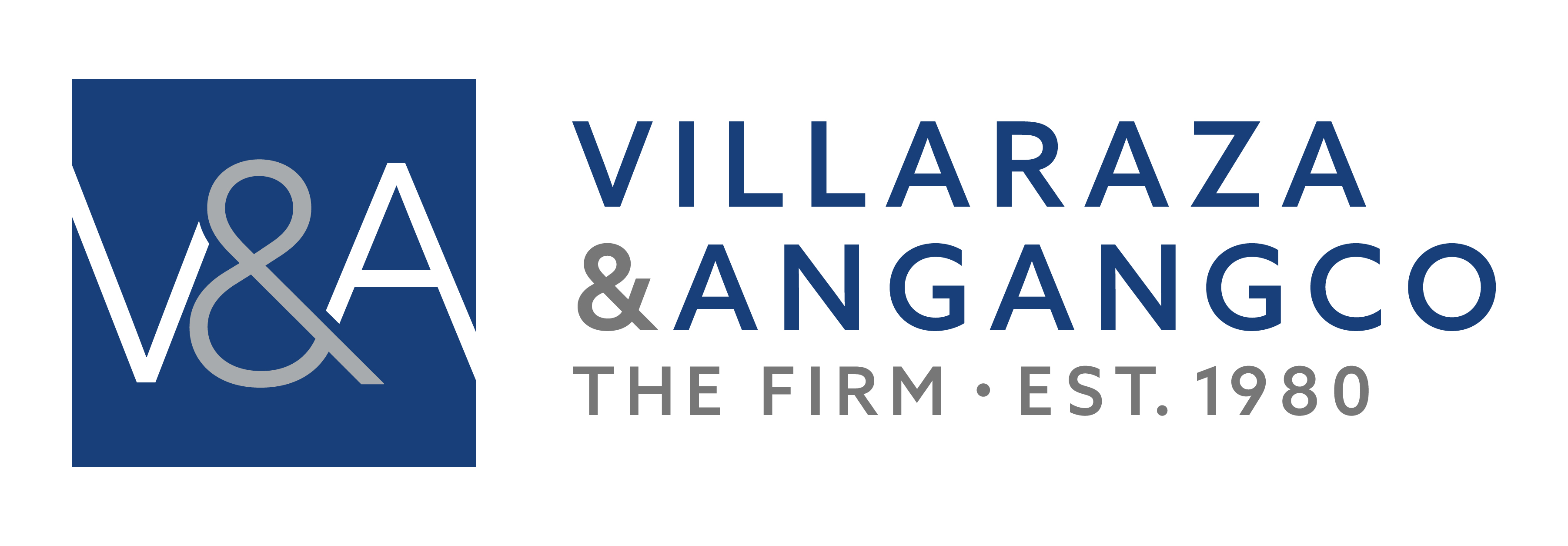By Franchette M Acosta, senior partner, Villaraza & Angangco
A law promoting the ease of doing business and efficient delivery of government services took effect this June 2018.
Aimed at eliminating bureaucratic red tape which could slow down the establishment of businesses in the country, the law requires the Department of Information Communications and Technology (DICT) to oversee the creation of a Central Business Portal to receive applications for licenses issued by the Securities and Exchange Commission, local government units and other regulatory agencies. In addition, within a period of 1 year form effectivity of the law, the DICT is mandated to establish a Philippine Business Databank (PBD) which will provide government agencies access to data and information of registered business entities. The creation of a PBD will allow government to verify information submitted in connection with an application. The PBD is expected to streamline application processes. The law provides that documents already submitted by an applicant to an agency with access to the PBD will no longer be required by other agencies linked to the PBD. Documents needed to process an application may be retrieved or accessed through the PBD.
The above article is information purposes only and is not intended to constitute legal advice.



















 Villaraza & Angangco Law
Villaraza & Angangco Law Kristin Charisse C. Siao
Kristin Charisse C. Siao Ma. Carla P. Mapalo
Ma. Carla P. Mapalo Richard Henrick I. Beltran
Richard Henrick I. Beltran




